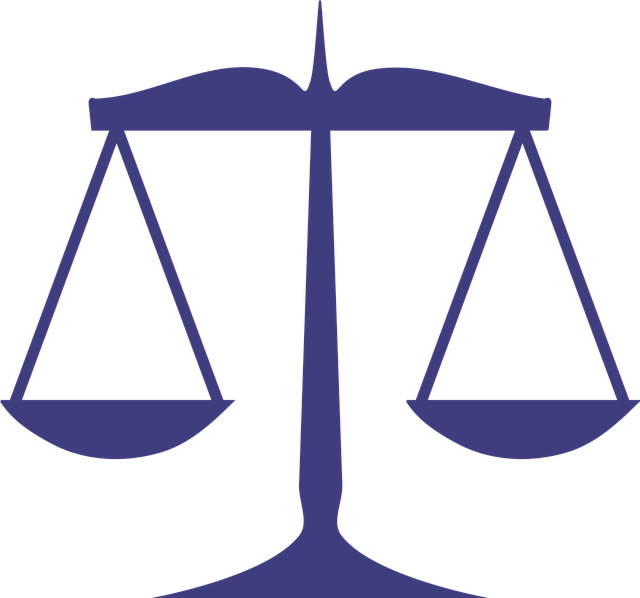Healthcare law specialists resolve medical regulation disputes, navigating complex rules from licensing to privacy. Their expertise protects patient rights and providers' reputations, avoiding costly mistakes & litigation. Case studies show early intervention & robust legal defenses as effective strategies for resolving such disputes, upholding healthcare standards.
In the dynamic landscape of healthcare, understanding medical regulations is paramount. This intricate web of rules and guidelines shapes patient care, provider responsibilities, and institutional operations. However, navigating these complexities often leads to disputes that can impact both patients and healthcare providers. This article explores crucial aspects of resolving disputes in medical regulations, from common conflicts to innovative resolution strategies. By delving into ethical dilemmas and successful case studies, we aim to provide insights for effective navigation within this vital sector.
- Understanding Medical Regulations and Their Complexities
- Common Disputes Arising in Healthcare Practices
- Legal Recourse for Patients and Providers
- Navigating Ethical Dilemmas in Medical Decision-Making
- Case Studies: Successful Resolution Strategies
Understanding Medical Regulations and Their Complexities

In the intricate landscape of healthcare law, understanding medical regulations is paramount for practitioners and institutions alike. These regulations, while essential for patient safety and ethical practice, can be labyrinthine in their complexity. From licensing requirements to privacy laws and clinical trial protocols, every aspect demands meticulous attention to detail. Navigating these waters without a solid grasp can lead to costly mistakes and legal disputes.
Resolving disputes in medical regulations often requires an unprecedented track record of advocacy for his clients. Skilled attorneys must possess a deep understanding of medical practices and the ever-evolving legal framework surrounding healthcare. Through strategic interpretation and persuasive argumentation, they guide their clients through jury trials, ensuring fair outcomes that respect both patient rights and the broader public interest.
Common Disputes Arising in Healthcare Practices

Healthcare practices often face a myriad of legal issues, with common disputes arising from medical regulations, patient care, and billing practices. One frequent area of contention involves licensing and certification, where healthcare providers may face charges related to malpractice or non-compliance with regulatory standards. These disputes can lead to lengthy legal battles, with patients advocating for justice and healthcare professionals fighting to protect their reputation.
Resolving such conflicts requires a nuanced understanding of medical ethics and the law. Many cases end in settlements, where agreements are reached to avoid prolonged litigation. The involvement of philanthropic and political communities plays a crucial role in shaping medical regulations, ensuring that patient rights are protected while providing a framework for addressing disputes fairly across the country. A comprehensive approach, balancing the needs of patients, healthcare providers, and regulatory bodies, is essential to mitigate these legal issues.
Legal Recourse for Patients and Providers

When navigating healthcare legal issues, patients and providers alike face complex challenges in resolving disputes that arise from medical regulations. Understanding one’s rights and available legal recourse is paramount for ensuring fairness and justice within this intricate landscape. For patients, seeking compensation for medical negligence or inadequate treatment options through legal channels can be a critical step towards healing and restitution. Similarly, healthcare providers must remain vigilant against unfounded accusations to protect their reputations and licenses.
A robust legal strategy, tailored to the specific circumstances of each case, is essential. Skilled attorneys specializing in healthcare law play a pivotal role in guiding clients through these intricate matters. With an unprecedented track record for his clients, these legal experts leverage their deep knowledge of medical regulations to achieve complete dismissal of all charges or secure favorable outcomes. This proactive approach not only ensures the rights of patients and providers are protected but also fosters trust in the healthcare system at large.
Navigating Ethical Dilemmas in Medical Decision-Making

Navigating ethical dilemmas is an inherent challenge within healthcare, where decisions can significantly impact patients’ lives and outcomes. Medical professionals often face complex situations that require a delicate balance between following medical ethics guidelines and adhering to legal frameworks. For instance, when a doctor believes a treatment decision contradicts existing regulations or could lead to adverse consequences, they must consider their professional duty of care versus the potential for legal repercussions. Striking this balance is crucial for maintaining trust in the healthcare system.
Resolving disputes in medical regulations plays a pivotal role in addressing these ethical quandaries. Across the country, various bodies and legal precedents have emerged to provide guidelines and offer mechanisms for dispute resolution. This ensures that while medical professionals are free to make decisions based on their expertise and ethics, they are also held accountable. A complete dismissal of all charges is not typically the outcome; instead, these processes aim to foster understanding, promote compliance, and ultimately enhance patient care by encouraging open dialogue and continuous improvement within respective businesses.
Case Studies: Successful Resolution Strategies

When it comes to resolving disputes in medical regulations, case studies offer valuable insights into successful strategies. Many healthcare organizations have achieved remarkable results by employing robust dispute resolution processes. One notable approach involves early intervention and collaborative problem-solving, where stakeholders engage in open dialogue to address concerns before they escalate. This proactive method not only saves time but also fosters trust between patients, providers, and regulatory bodies.
Additionally, an unprecedented track record of winning challenging defense verdicts underscores the importance of thorough legal strategies. By navigating all stages of the investigative and enforcement process with expertise, these organizations have demonstrated their commitment to upholding medical standards while protecting patient rights. Such victories reinforce the effectiveness of well-prepared defenses, emphasizing that a comprehensive understanding of medical regulations is key to successful dispute resolution.
Understanding medical regulations is paramount for navigating healthcare legal issues. By recognizing complex rules and common disputes, practitioners can anticipate potential pitfalls and implement effective resolution strategies. Ethical dilemmas demand careful consideration, with case studies offering valuable insights into successful navigation. Ultimately, addressing these challenges fosters a more robust and patient-centric healthcare system through proper legal stewardship. Resolving disputes in medical regulations is not just about compliance; it’s about ensuring quality care and justice for all involved.






